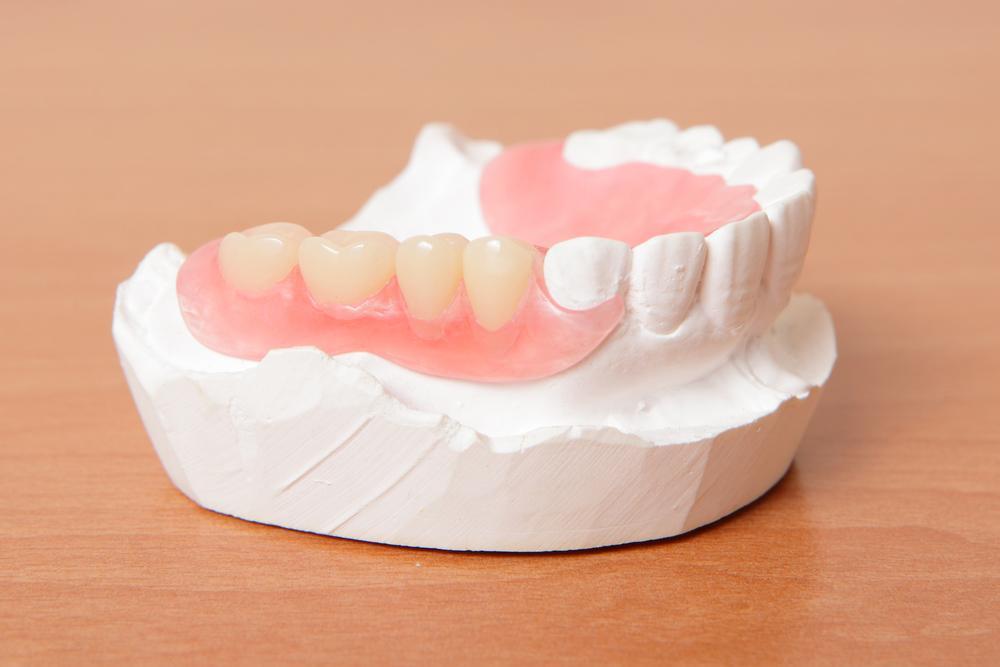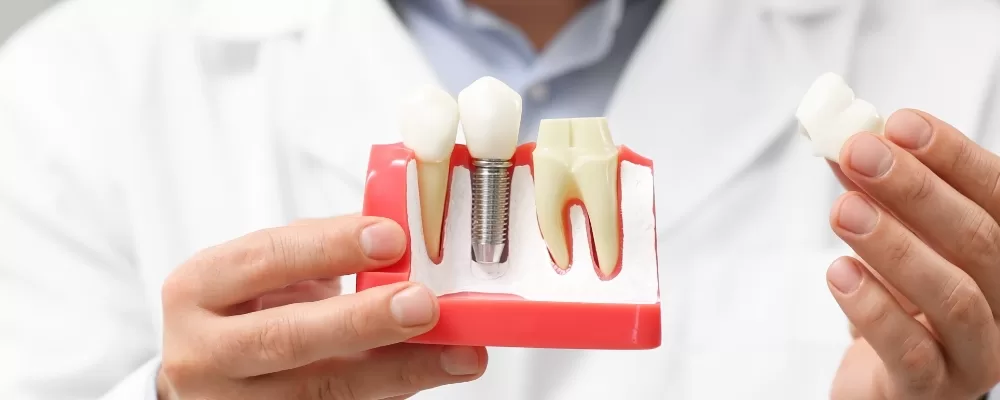 Conversion-Focused Landing Pages – More Leads, Less Bounce!
Conversion-Focused Landing Pages – More Leads, Less Bounce!
Root Canal for Kids: Is It Safe and Necessary?
Written by dental clinicdubai » Updated on: June 17th, 2025

Root canal treatment is often associated with adults, but it can also be an essential procedure for children in certain situations. If your child is experiencing severe tooth pain, infection, or damage to their baby teeth, a root canal treatment in Dubai may be necessary to save their tooth and protect their long-term oral health. Many parents wonder if this procedure is safe for children and whether it's truly needed. This article will answer those questions and provide guidance on when a root canal is a suitable treatment for kids.

Why Would a Child Need a Root Canal?:
A root canal for kids is typically performed on baby teeth that are severely decayed, infected, or injured. While these teeth are temporary, they play a critical role in a child’s development, especially in terms of chewing, speech, and maintaining space for permanent teeth.
Common Reasons for Root Canal in Kids:
Severe Tooth Decay: Extensive cavities can reach the pulp (the innermost part of the tooth), causing infection and pain.
Dental Trauma: Accidents or injuries to the mouth, such as falls or impacts, can damage the pulp and require a root canal to save the tooth.
Abscess: An untreated infection in the pulp can lead to the formation of an abscess, causing swelling, pain, and sometimes fever.
Is Root Canal Treatment Safe for Kids?:
Yes, root canal treatments are generally very safe for children when performed by a skilled pediatric dentist. Modern advancements in dental technology and techniques have made the procedure less invasive and more comfortable, even for young patients.
How Safe Is It for Kids?:
Painless Procedure: With the use of local anesthesia and sedation options, children experience minimal pain or discomfort during the procedure.
Minimally Invasive: The procedure involves removing the infected tissue from the tooth and sealing it, with minimal disruption to the surrounding tooth structure.
Prevents Future Complications: A root canal helps prevent further damage to the tooth and surrounding tissues, reducing the risk of more severe dental problems in the future.
What to Expect During a Root Canal for a Child?:
Parents often wonder what the root canal procedure will be like for their child. Here’s a breakdown of the process to help you prepare:
1. Initial Consultation and X-rays:
Your dentist will begin by evaluating your child’s tooth and may take X-rays to determine the extent of the damage or infection.
A thorough assessment will help determine if a root canal is necessary or if other treatments may be a better option.
2. Local Anesthesia or Sedation:
To ensure your child remains comfortable, local anesthesia will be applied to numb the affected area.
For younger children or those with dental anxiety, your dentist may offer sedation options to make the procedure more relaxing.
3. Cleaning and Sealing the Tooth:
The dentist will carefully remove the infected pulp and clean the inside of the tooth to prevent further infection.
The tooth is then sealed with a filling or crown, restoring its function and appearance.
4. Follow-up Appointments:
After the procedure, your child may need a follow-up visit to check on the healing process and ensure that the infection has been eliminated.
The Benefits of Root Canal Treatment for Kids:
While root canal treatments can seem intimidating, they offer several key benefits for children’s oral health.
1. Preservation of Baby Teeth:
Baby teeth are essential for proper chewing and speech development. By saving these teeth, a root canal ensures your child can continue eating and speaking normally.
These teeth also maintain space for permanent teeth, preventing misalignment issues.
2. Pain Relief:
A root canal can eliminate the pain and discomfort caused by infection or decay, allowing your child to return to normal activities without the worry of toothaches.
3. Prevents the Spread of Infection:
If left untreated, an infection in the tooth can spread to other areas of the mouth or body, leading to more serious health concerns.
Root canal treatment prevents this spread, reducing the risk of abscesses and systemic infections.
4. Improved Oral Health:
Saving a damaged tooth with a root canal helps maintain good oral health. It prevents complications that can arise from losing a baby tooth prematurely, such as difficulty chewing or speech delays.
Are There Any Risks to Root Canal Treatment for Kids?:
Like any dental procedure, there are some risks associated with root canals. However, the chances of complications are relatively low when the procedure is performed by an experienced pediatric dentist.
Potential Risks:
Tooth Fracture: In rare cases, the treated tooth may become brittle and susceptible to fractures, especially if it’s not restored with a crown.
Reinfection: Though uncommon, there’s a small chance the infection could return if the tooth wasn’t properly sealed.
Discomfort Post-Procedure: Your child may experience mild discomfort or swelling after the treatment, but this can usually be managed with over-the-counter pain relief.
How to Care for Your Child’s Tooth After a Root Canal:
After your child has undergone a root canal, it’s important to follow proper aftercare instructions to ensure the success of the treatment.
1. Monitor for Pain or Discomfort:
Mild pain and sensitivity may occur after the procedure, but it should subside within a few days.
If your child experiences severe pain or swelling, contact the dentist promptly.
2. Avoid Chewing on the Treated Tooth:
For a few days, avoid letting your child chew on the treated tooth, as it may be fragile before a crown or filling is placed.
3. Regular Follow-Up Appointments:
Ensure your child attends follow-up appointments to monitor the healing progress and to discuss any further treatments, such as crown placement.
Conclusion:
Root canal treatments are safe and often necessary for children who have severely damaged or infected teeth. Root canal treatment in Dubai offers a reliable solution to save baby teeth, alleviate pain, and promote better oral health. By understanding the procedure, its benefits, and aftercare requirements, parents can make informed decisions about their child’s dental health. Always consult with an experienced pediatric dentist to ensure the best care for your child’s smile.
Readmore about: How to Care for Your Tooth After a Root Canal Procedure
Note: IndiBlogHub features both user-submitted and editorial content. We do not verify third-party contributions. Read our Disclaimer and Privacy Policyfor details.
Copyright © 2019-2025 IndiBlogHub.com. All rights reserved. Hosted on DigitalOcean for fast, reliable performance.

















